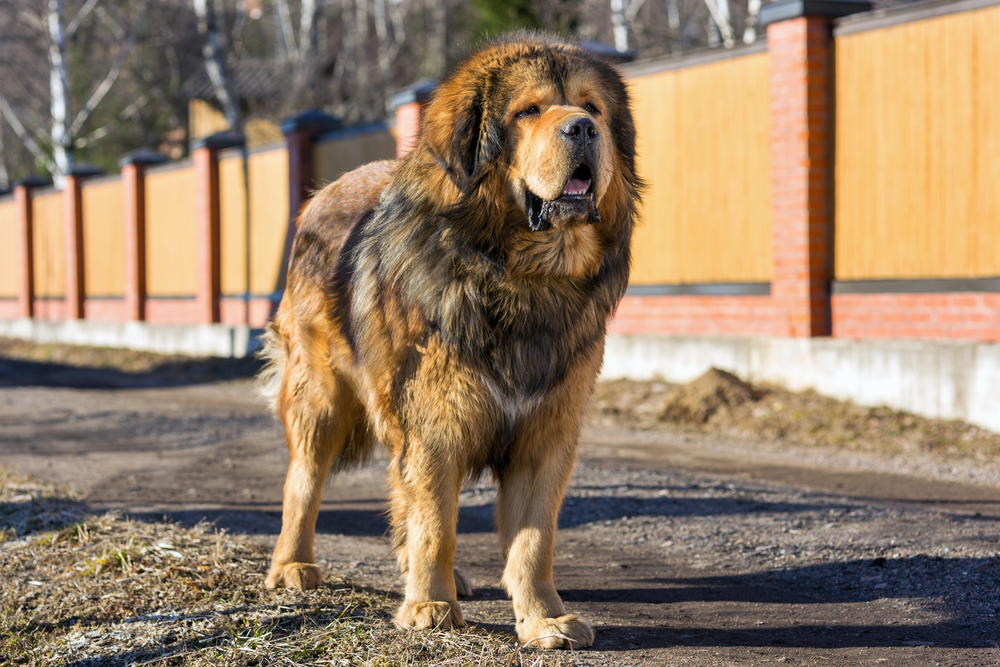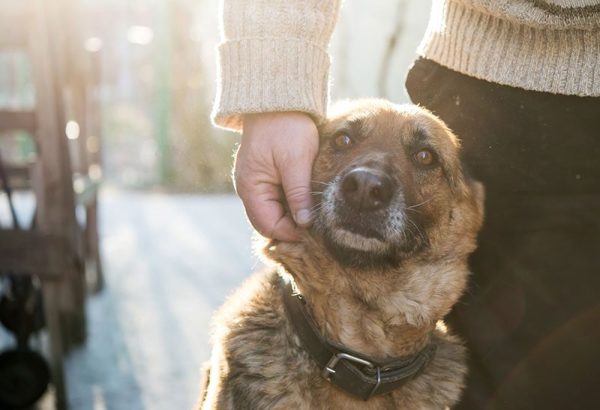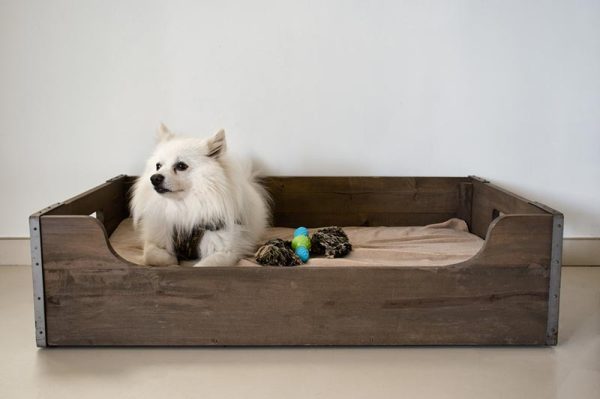In this article
View 2 More +Tibetan Mastiffs are a large dog breed with an intimidating appearance. While they may look scary at first, these dogs are actually affectionate family dogs with a strong intuition for guarding and protecting their families.
With that being said, Tibetan Mastiffs aren’t dangerous if they’re properly trained and socialized. However, they’re not the best dog breed for novice dog owners because they have strong and independent personalities, and untrained Tibetan Mastiffs can get into significant trouble. So, make sure to know what you’re getting into before you bring home a Tibetan Mastiff.

Tibetan Mastiff Temperament
Tibetan Mastiffs are a working breed that was initially bred to be flock guardians and watchdogs. These dogs were selectively bred to have protective instincts and use their intuition to protect flocks and homes independently. They’re highly intelligent, but they can sometimes be challenging to train because they tend to have a mind of their own.
Tibetan Mastiffs won’t shy away from being non-compliant if they don’t trust their owners and disagree with them. So, it’s important to build strong bonds with Tibetan Mastiffs and start obedience training with them as early as possible.
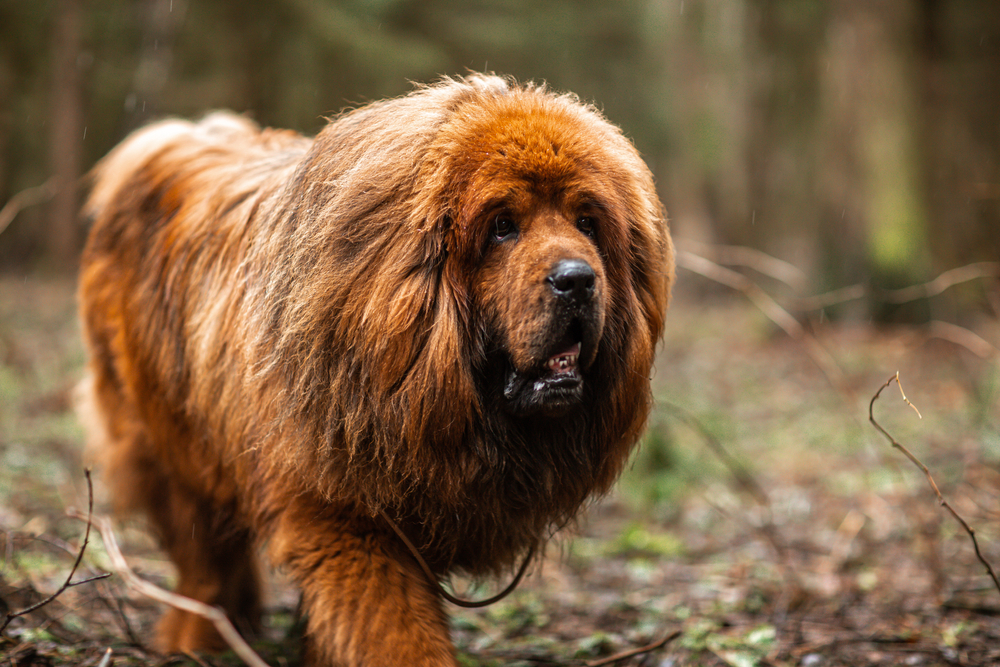
Are Tibetan Mastiffs Dangerous?
Tibetan Mastiffs have the potential to become dangerous, and much of it is due to improper or inadequate training. While Tibetan Mastiffs may not show aggression toward their families, they’re usually wary of strangers and often choose to confront a threat rather than run away.
These dogs can be gentle and loving to children in their own families when supervised, but they can be unpredictable with other children. They can mistake children playing as acts of aggression, especially if they’re running around and making loud noises.
When outside of the home, it’s important to keep Tibetan Mastiffs leashed at all times. Again, they’re not afraid to charge and attack a potential threat. They’re strong dogs that can do a lot of damage, and their strong bites can cause significant injuries.
It’s important to note that Tibetan Mastiffs aren’t bad dogs. If they’re in the right families and live with people who invest in proper training and provide for their daily needs, they’re excellent and loyal companions.
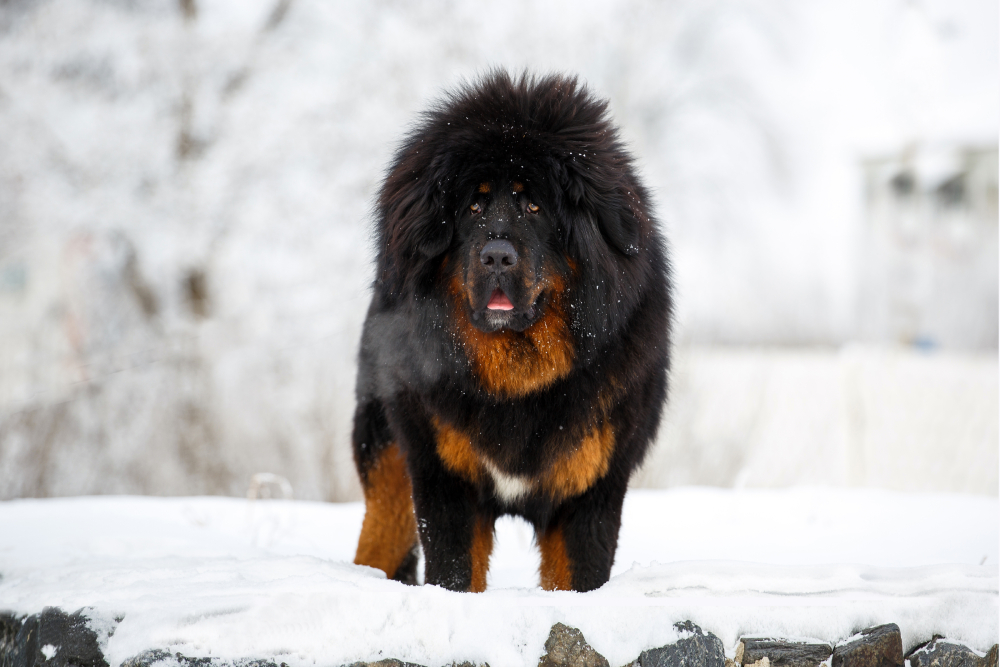
Training a Tibetan Mastiff
Tibetan Mastiffs require an ample amount of training and daily exercise to stay happy and healthy. Because they can naturally be wary of strangers, it’s important to socialize them as early as possible and get them used to interacting with different people, children, and dogs. They’ll also benefit from being taken to different environments to explore and get used to a variety of new settings.
Training a Tibetan Mastiff is relatively challenging, especially in the beginning. This breed is not known to excel in obedience training, but it’s not because they’re unintelligent. Quite the contrary. They tend to have a mind of their own and want to follow their own instincts. It’s important to keep training short and fun to keep Tibetan Mastiffs interested and motivated. They’re also very sensitive to tone of voice, so make sure to stay calm and firm during training sessions. Your veterinarian can be a great source of training tips and pointers.
If you need to speak with a vet but can't get to one, head over to PangoVet. It's our online service where you can talk to a vet online and get the advice you need for your pet — all at an affordable price!

Tibetan Mastiffs also require a lot of exercise throughout the day. They were bred to work all day, and while they may not be dogs that are bouncing off the walls, they do have a lot of stamina and energy to expend. Dogs that don’t get adequate exercise will eventually become bored and find their own ways to alleviate boredom. This often results in engaging in destructive behaviors, excessive barking, and aggression.
Tibetan Mastiffs will need daily physical and mental exercise. They’ll enjoy running around in a fully fenced yard and going on daily walks. They’ll also like accompanying you on outdoor adventures, including camping and hiking.
As intelligent dogs, Tibetan Mastiffs also need a lot of mental stimulation. They’ll appreciate having enrichment activities incorporated into their daily routine. Giving them treat dispensing toys and puzzles are great ways to keep their minds active. They’ll also enjoy sniffing and foraging for treats and other scent games. Tibetan Mastiffs are a working breed, so they’ll also thrive on having a job or responsibility.
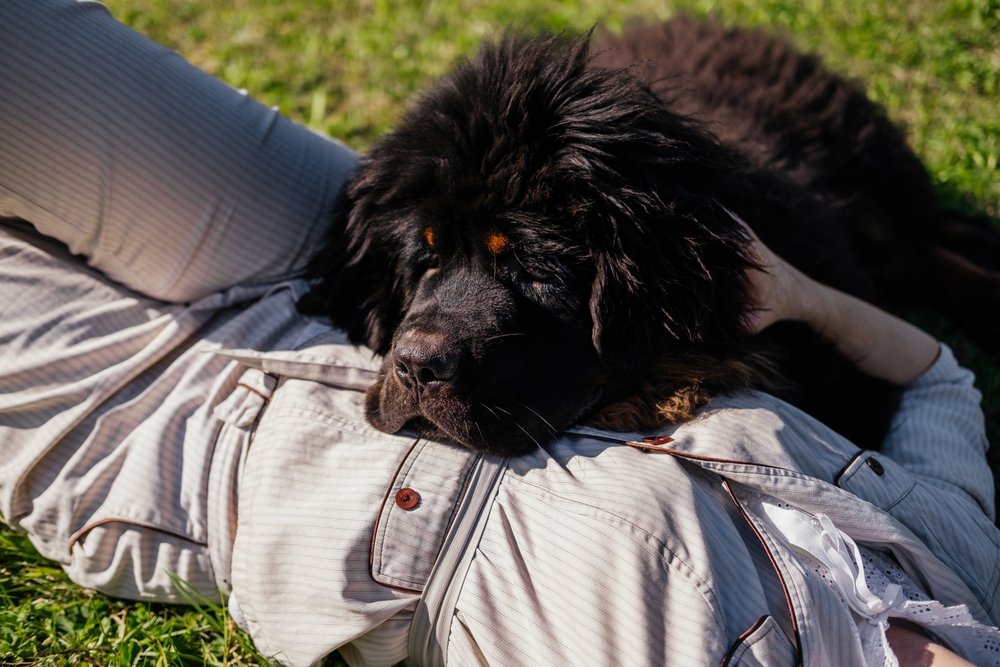

Conclusion
A properly trained and socialized Tibetan Mastiff can be one of the most loyal and loving companions, while unruly ones can easily become a safety liability. There’s no denying that Tibetan Mastiffs are capable of destroying property and causing injuries. However, these incidents are preventable with training.
Tibetan Mastiffs are strong dogs that require strong and dedicated owners that know how to train them and keep them happy. So, it’s best to reserve these dogs for people who have more extensive experience training dogs and have the time to ensure that the breed’s specific needs are being met.
Featured Image Credit: Sergey Lavrentev, Shutterstock
